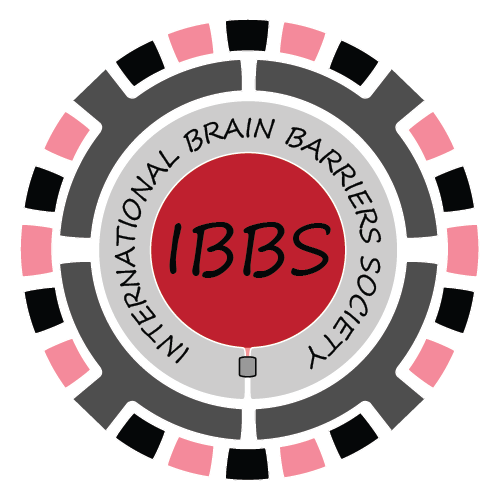The Lizano Lab (www.lizanolab.com) at Harvard Medical School (HMS) and Beth Israel Deaconess Medical Center (BIDMC) is seeking a postdoctoral candidate for a project titled “Blood-Brain Barrier Disruption as a Biomarker for Early Course Psychosis: An In Vivo/Ex Vivo Investigation” and is funded by the Burroughs Wellcome Fund CAMS award (https://www.bwfund.org/news/2023-bwf-career-awards-for-medical-scientists-announced/).
Position details and application process:
This position is immediately available, with flexible start dates, and will remain open until filled. Candidates must have a PhD or equivalent degree with research experience in cellular, molecular, and stem cell biology, as well as translational neuroscience. This is due to the translational potential of the project. We encourage applications from a wide variety of backgrounds and research experiences. Compensation will be above the NIH guidelines. There is flexibility to work on other projects and postdocs are mentored through the process of obtaining independent research funding.
Prospective applicants should email Dr. Paulo Lizano (
Lizano lab background:
We are a translational neuroscience lab that conducts observational and clinical trial research which inform our basic neuroscience projects. Most specifically, we focus on study the role of the blood brain barrier and the blood-CSF barrier in early course psychosis (ECP) patients. The proposed research is innovative in combining in vivo blood brain barrier (BBB) leakage imaging and ex vivo BBB function studies in the same patients to better understand the cellular-molecular deficits associated with neuroprogression/cognitive decline in ECP. The proposed research is significant because it will contribute meaningfully to the biological mechanisms underlying cognitive decline in ECP. Data from these aims will also provide the most comprehensive information related to BBB dysfunction in ECP to date. Our research group is young, vibrant, and creative in our approach to figuring out ways to help patients impacted by psychosis. We are driven by the prospect of being able to develop novel treatments that target the underlying biology of psychosis which the hope of helping patients achieve their ultimate goal in life.




